The minister said that there has been no "official demand" from the US to joint its initiative to patrol the vital Middle Eastern shipping lane.
Seoul can start a “voluntary review” on the possibility of sending troops in that aspect, he added.
Prior to South Korea Germany, Japan and Spain had announced that they will not contribute ships to US Middle East maritime force in the Strait of Hormuz.
On Wednesday, German Foreign Minister Heiko Maas announced that there “cannot be a military solution” to the current tensions in the Persian Gulf. Maas said that Germany turns down Washington’s request, which was revealed by the US Embassy in Berlin on Tuesday.
Relations between the United States and Germany have soured since US President Donald Trump took office, due to disagreements on a range of issues from defense spending to trade tariffs, the NordStream 2 gas pipeline and Iran.
While the US is trying to form a coalition against Iran in the Strait of Hormuz and Persian Gulf, Iran blames the US for the rising tensions.
Iran shot down a trespassing US drone last month after it violated the country’s airspace.
Iran has stressed that it is the main protector and guarantor of the security in the Persian Gulf and Strait of Hormuz and that the security arrangements in the region have to be shaped by the regional countries themselves.
The US Secretary of State Mike Pompeo last week called on Japan, Britain, France, Germany, South Korea, Australia and other nations to join a maritime force to guard oil tankers sailing through the Strait of Hormuz.
MAN/PR


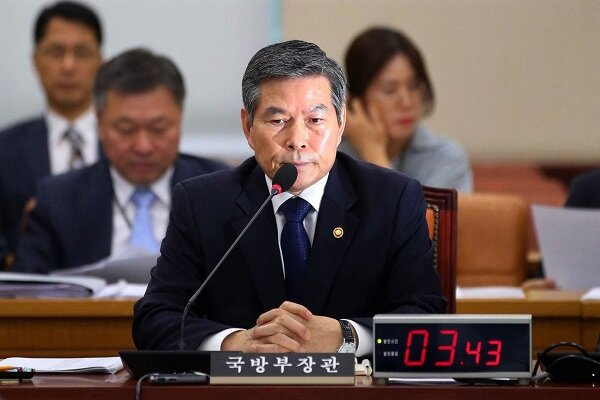

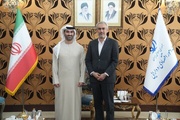
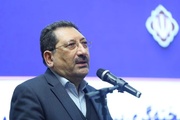
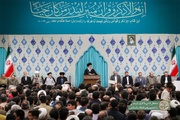
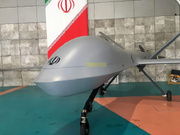
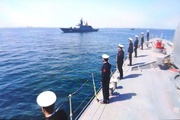
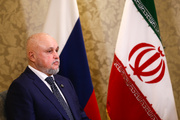
















Your Comment